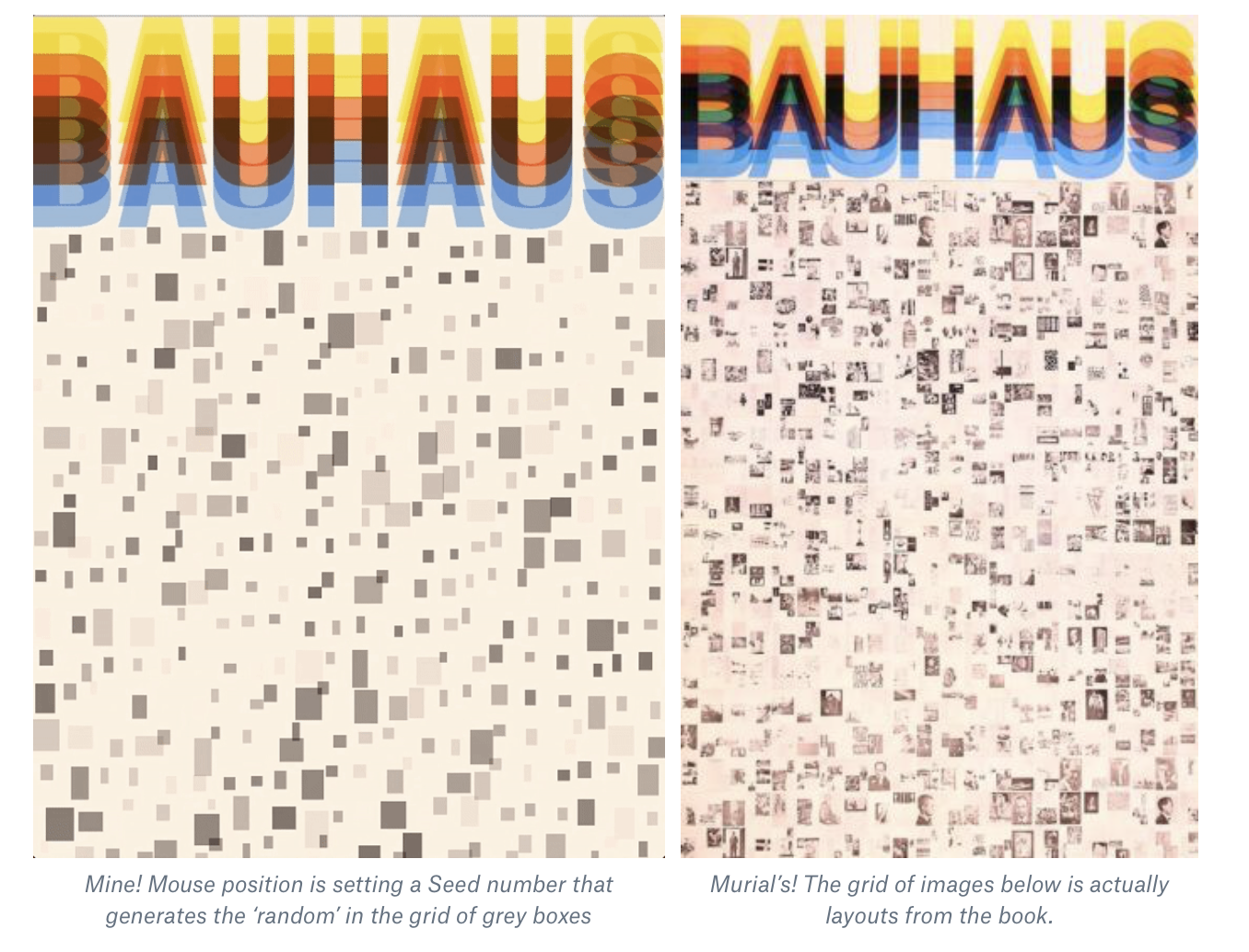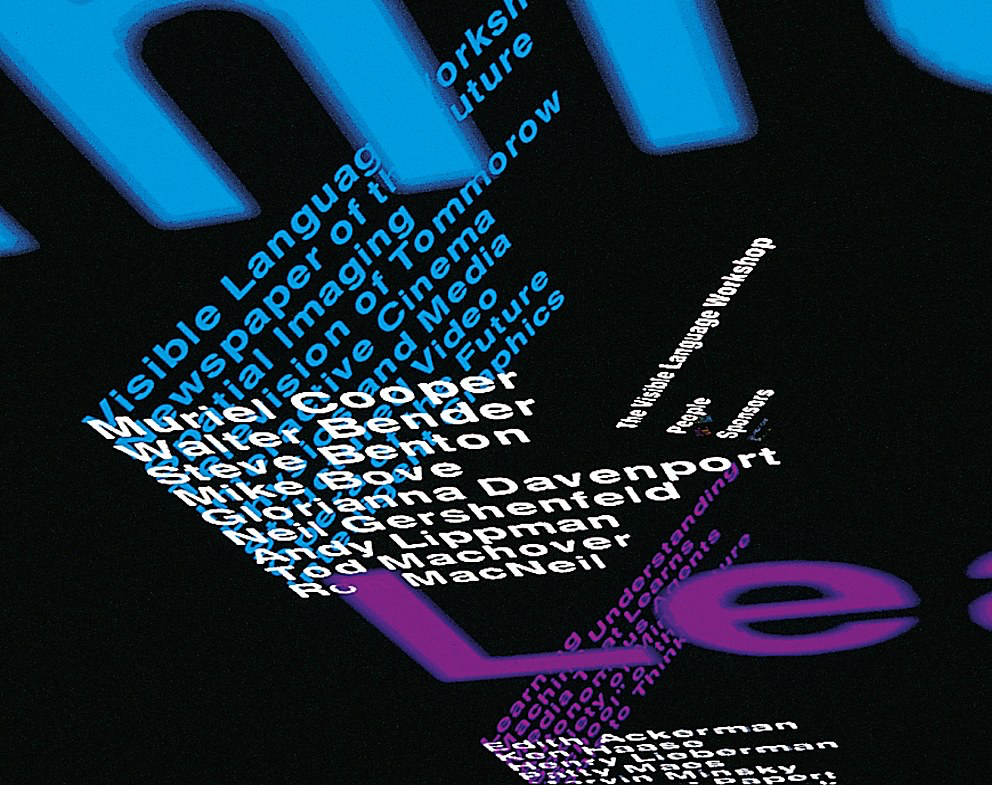
Description

Expectations
Course of Study

Meet the Teachers
Is this class for me?

Testimonials
Accessibility
Our classes are conducted in spoken English with audiovisual materials such as slides, code examples and video. Online classes will be held over Zoom. Please contact us with special accessibility requests. If you have any questions regarding the class, please email us at info@sfpc.io.
Covid-19 Safety & Precautions
Proof of vaccination dated before July 10th is a requirement to participate in this class. It is deeply important for this session (SFPC’s first in-person session in more than a year!) that we all keep each other safe when we meet. If you are not vaccinated; protect your safety and the safety of others by joining one of our summer online classes.
We will not require participants to wear masks during class, which will be held inside with ventilation at Prime Produce. You are welcome to wear a mask if you choose!
How do I apply?
Applications are closed.
We will be accepting up to 18 students on a rolling basis. Rolling admissions means there are fewer and fewer slots the longer you wait, so if you’re interested in the program get your application in early!
How much does it cost to attend?
+ Withfriends payment processing fees. Upon payment, your space in the session will be reserved. We offer scholarships for those who cannot pay full tuition. Read more about scholarships below.
I can’t pay for SFPC. Can I come at a reduced rate, or for free?
If you can’t pay full tuition, we really still want you to apply. Our application will ask you how much you can pay. We will offer up to 4 subsidized positions in all of our classes, once each one has enough students enrolled that we’re able to do so. We have also started a scholarship fund, and we will be offering additional scholarships as community members
redistribute their wealth through SFPC. We direct scholarship funds towards students who are Black, Indigenous, racialized, gendered, disabled, Queer, trans, underrepresented, oppressed and minoritized.
Right now, tuition is SFPC’s main source of income, and that is a problem. It means that we can only pay teachers, pay for space, and organize events and classes when students pay full tuition to attend. Tuition is a huge barrier to entry into the SFPC community, and it disproportionately limits Black students, indigenous students, queer and trans students, and other people who are marginalized, from participating. Scholarships are not a long term solution for us, but in the short and medium term we hope to offer them more while we work towards transforming SFPC’s financial model.
How can I help others to attend SFPC?
For SFPC to be the kind of place the community has always meant it to be, it needs to become a platform for wealth redistribution. If you are a former student, prospective student, or friend of the school, and you have the financial privilege to do so, please donate generously. There is enough wealth in this community to make sure no one is ever rejected because of their inability to pay, and becoming that school will make SFPC the impactful, imaginative, transformative center of poetry and justice that we know it can be.
What if I can’t go, can I get a refund?
- Yes, we can give you 100% refund up to 10 days before session starts
- 50% refund after 10 days, until the first day of the session
- No refunds can be given after the first day of the session
The School for Poetic Computation is an experimental artist-run school in New York supporting interdisciplinary study in art, code, hardware and critical theory. It is a place for unlearning and learning. It’s a hybrid of a school, residency, and research group.
We begin this new season in full hearted gratitude for all of 119 of the participants that joined us in COCOON this summer. 13 teachers pushed the boundaries of what Poetic Computation can mean: finding new personal and collective relationships to mathematics, reading through paper craft and book making, critical approaches to DNA analysis, tracing the boundaries of augmented reality, and asking what role love can play in learning and coding.
This fall is a pivot—the present is a portal. Our two classes, "Reading into the Past / Writing into the Future" taught by Ashley Jane Lewis and "Recreating the Past" taught by Zach Lieberman, are opportunities to develop stories of many histories and many futures through presence in shared creative practice.
Stay tuned for more updates!
InstagramAre.na
Donate
The School for Poetic Computation is co-organized by Zainab Aliyu, Todd Anderson, American Artist, Neta Bomani, Melanie Hoff, Galen Macdonald and Celine Wong Katzman, with the support of Emma Rae Bruml, Luke Demarest and Nabil Hassein.
Read about our organization's recent history here.
This website was designed by Zainab Aliyu, and was developed with Todd Anderson.
Our website is fully keyboard accessibile for non-mouse users, and is typeset in Alte Haas Grotesk.